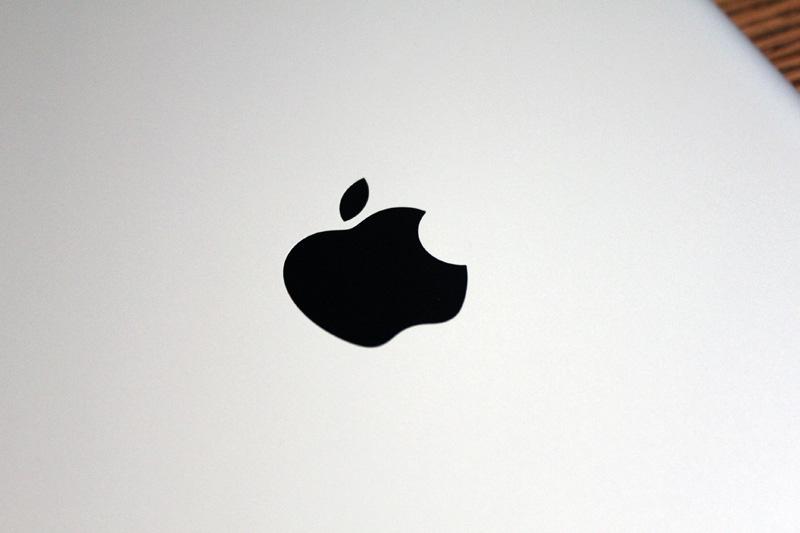
One of the things I learned from my dad was a love for watches. When we used to travel, we'd always stop in shops and check out different time pieces, ranging from the old/expensive, to the new/expensive, and with plenty of models in between. For me, it was the different styles, the attention to detail, and the sheer amount of creativity that oozed out of these devices.
I used to buy watches all the time. If I saw a timepiece that stood out to me, I'd pick it up, and add it to the collection. Over the years I'd wear most of them, while others stayed clasped to their holders, shown off on a dresser or something. My love affair with watches has slowed down tremendously in the last few years, but the interest spiked tenfold when smartwatches started getting attention.
The combination of two of my favorite markets? Count me in.
With Pebble leading the charge, and with their new Pebble Steel adding a new level of attractiveness to the whole package, companies are putting way more focus on accessories that we wrap around our wrists and tell the time with. Of course, there are plenty of watches that don't have the "smart" tag attached to them that boast plenty of great features, like kinetic watches. That's why smartwatches have to differentiate themselves with better features, smarter attributes.
In a perfect world, they'd also have batteries that last just as long as their analog counterparts, but I'm not sure if we're quite there yet. There are plenty of complaints about the batteries in our phones these days, so we shouldn't be complaining about the battery in our watches, too. Using different ideas, even ones that haven't taken off in our mobile market in the past, is one way that we could definitely see longer-lasting batteries.
For instance, according to a new rumor floating around this week it looks like Apple could be looking to the sun to help power their upcoming wearable device (still being called the iWatch). Solar power hasn't really caught on, especially when it comes to our mobile devices or even our accessories, but there are definitely options out there. And while I thought it was pretty odd that Apple would consider this type of charging option for their wearable, the more I considered it the more I thought it would actually make sense.
There's been so many rumors about the iWatch, but some of them that have stuck around insist that Apple's wearable is going to have a big focus on health, and that it could be similar to Nike's FuelBand, rather than a full-featured smartwatch. Adding a feature like solar power just seems like a natural addition, if Apple does indeed want to put the focus on people going outside and exercising.
Then again, there is just the simple fact that solar powered devices haven't really caught on quite yet, and there doesn't seem to be any reason why they would now. There's a chance that it just needs a push from a big company like Apple, though.
The other part of the equation is you, too: The potential consumer. So I'm curious if you'd consider picking up Apple's wearable (or any wearable, for that matter) if one of the selling bullet points was that it featured solar power charging technology. Or is that something you just don't care about, and would rather see a traditional battery just last longer? Let me know!